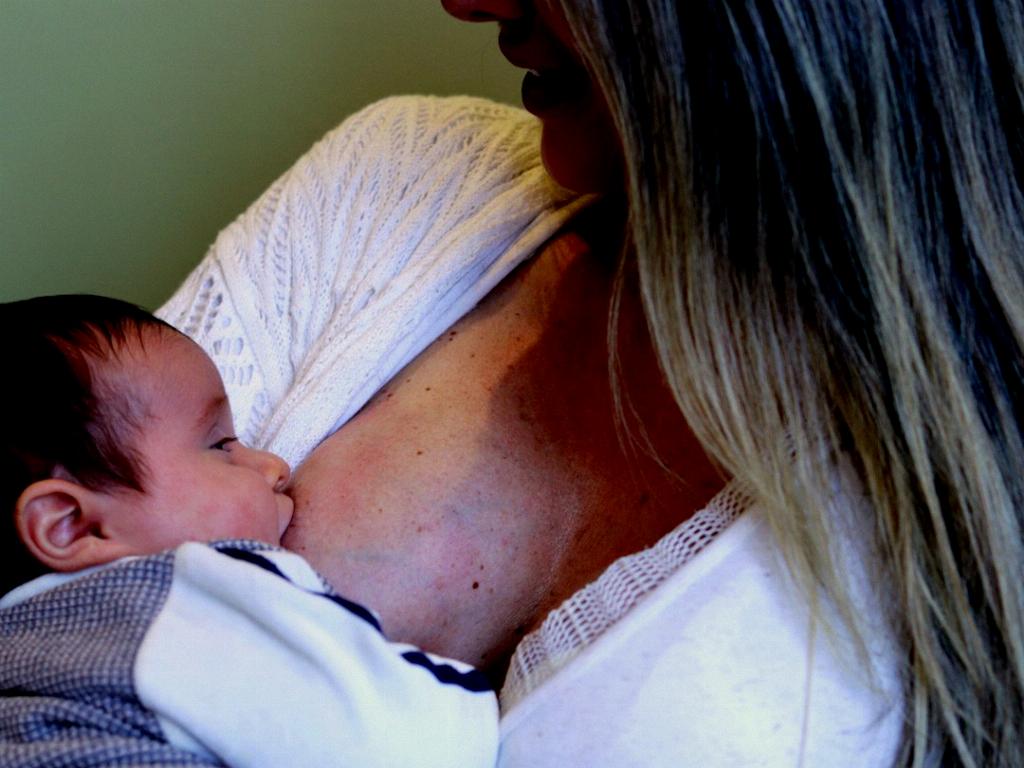When it comes to caring for a baby, every parent wants to ensure that their little one is comfortable and healthy. As such, it’s essential to be mindful of the various foods and supplements that are introduced into a baby’s diet. One common question that often arises is whether brewer’s yeast can make a baby gassy. Let’s delve into this topic to gain a better understanding of the potential effects.
What is Brewer’s Yeast?
Brewer’s yeast is a type of yeast that is commonly used as a nutritional supplement due to its high content of vitamins and minerals. It is often touted for its potential health benefits, including boosting energy levels, supporting the immune system, and maintaining healthy skin.
The Link Between Brewer’s Yeast and Gas Formation
While brewer’s yeast is a nutrient-rich ingredient, some individuals, including babies, may be sensitive to it. The development of gas, abdominal upset, or even diarrhea in babies after consuming brewer’s yeast can be attributed to their delicate digestive systems.
Colic-Like Symptoms and Irritation
It’s crucial to pay attention to any signs of discomfort that a baby may display after consuming brewer’s yeast. Symptoms such as colic-like behavior, irritability, or abdominal discomfort could indicate that the baby is having difficulty digesting the yeast.
Reducing Brewer’s Yeast Intake
If a baby exhibits signs of gas formation or digestive issues after consuming brewer’s yeast, it may be advisable to reduce or eliminate it from their diet. This can help alleviate any discomfort and prevent further gastrointestinal disturbances.
Consulting a Pediatrician
If you suspect that brewer’s yeast is causing gassiness or other digestive problems in your baby, it’s always best to consult with a pediatrician. A healthcare professional can provide tailored advice and recommendations based on your baby’s individual needs and health status.
Exploring Alternative Nutritional Sources
If you decide to avoid brewer’s yeast in your baby’s diet, there are plenty of other nutritious alternatives that can provide essential vitamins and minerals without causing gastrointestinal issues. Consider incorporating foods that are gentle on the stomach and well-tolerated by your baby.
Observing Changes in Symptoms
After removing brewer’s yeast from your baby’s diet, carefully observe any changes in their symptoms. If the gas formation or digestive disturbances subside, it may indicate that the yeast was indeed the culprit behind the discomfort.
Importance of Balanced Nutrition
While certain foods or supplements may not agree with a baby’s digestive system, it’s essential to focus on providing a well-rounded and balanced diet. Consult with a healthcare provider to ensure that your baby is receiving the necessary nutrients for healthy growth and development.
Ensuring Baby’s Comfort and Well-Being
As a parent, your primary goal is to ensure the comfort and well-being of your baby. By being attentive to their dietary needs and any potential sensitivities, you can help promote a happy and healthy environment for your little one.
Conclusion
In conclusion, while brewer’s yeast offers various health benefits, it may not always agree with a baby’s digestive system, leading to gas formation and other discomfort. By being mindful of your baby’s reactions to certain foods and consulting with a healthcare professional when needed, you can make informed decisions that prioritize your baby’s health and happiness.

